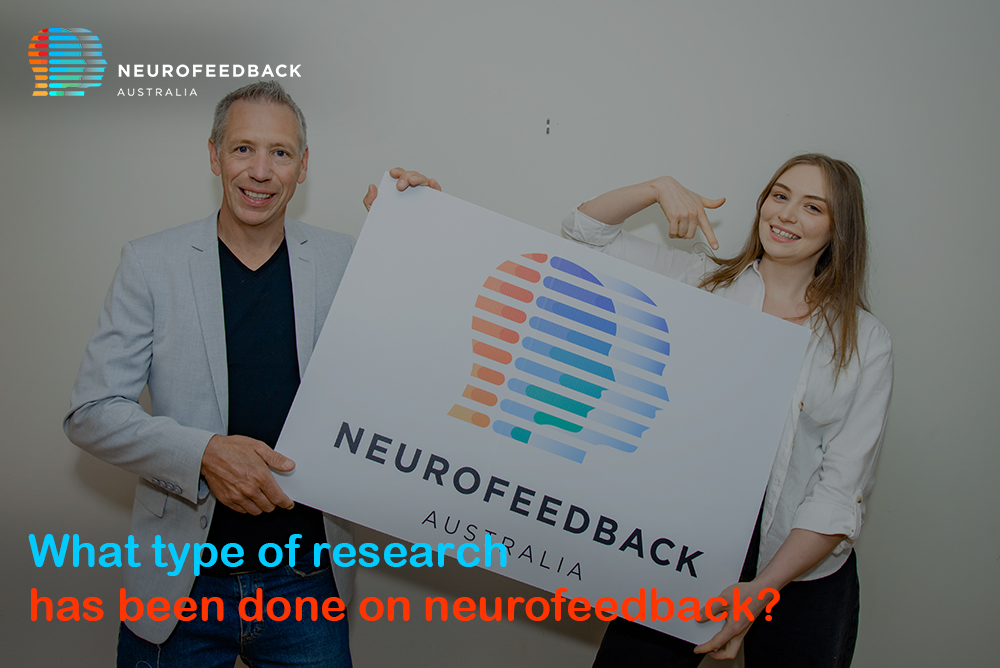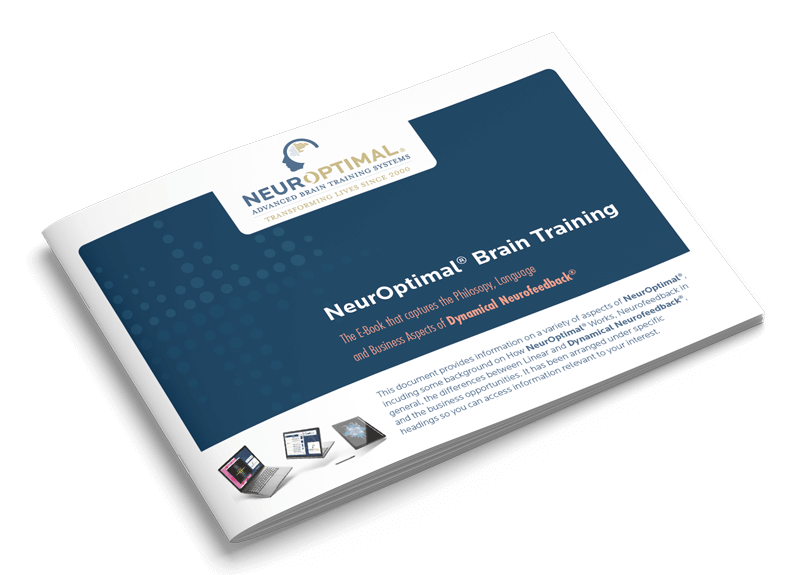
-
Posted By Neurofeedback
-
-
Comments 0
In the quest for peak mental performance and emotional well-being, the exploration of neurofeedback has emerged as a fascinating frontier in neuroscience and psychology.
This non-invasive method, which empowers individuals to modulate their own brain activity, has piqued the interest of researchers, clinicians, and the general public alike.
Central to its appeal is the promise of self-regulation: the potential for individuals to influence their cognitive processes, emotional states, and overall brain function.
Among the various systems available, NeurOptimal® has distinguished itself with a unique, non-linear approach to neurofeedback, offering a window into the untapped capabilities of the human mind.
Historical Context
The genesis of neurofeedback can be traced back to the mid-20th century, rooted in the broader field of biofeedback.
Initial experiments focused on conditioning and training the brain’s electrical patterns, with researchers positing that individuals could learn to alter their brainwave activity through feedback mechanisms.
This period laid the foundational stones for what would evolve into sophisticated neurofeedback techniques, driven by advancements in technology and a deepening understanding of the brain’s plasticity.
NeurOptimal®: A Paradigm Shift
Amidst the landscape of neurofeedback systems, NeurOptimal® has carved out a niche with its avant-garde approach.
Moving away from the traditional model of targeting specific frequencies, NeurOptimal® embraces the brain’s dynamism, offering feedback across the full spectrum of brain activity.
This system relies on advanced algorithms to provide instantaneous feedback, facilitating a self-correcting process that promotes optimal brain function. This innovation has not only expanded the applicability of neurofeedback but also opened up new realms for research and application.
Cognitive Performance Enhancement
The promise of neurofeedback in enhancing cognitive performance has been a key area of exploration.
Research spanning various demographics has documented improvements in attention, memory, and learning capacities following neurofeedback training.
Notably, studies involving NeurOptimal® have demonstrated its efficacy in boosting academic and professional performance, highlighting its role in cognitive enhancement.
This research underscores the potential of neurofeedback to serve as a powerful tool for individuals seeking to maximize their mental capabilities.
Mental Health and Emotional Well-being
The application of neurofeedback in the realm of mental health represents one of its most significant contributions.
Numerous studies have examined its effectiveness in managing conditions such as stress, anxiety, and depression, often yielding positive results.
NeurOptimal® has been particularly lauded for its ability to foster emotional regulation, offering individuals a pathway to achieving a more balanced and peaceful state of mind.
This body of work emphasizes neurofeedback’s potential as a complementary, or in some cases, alternative approach to conventional mental health treatments.
Neurofeedback in Clinical Disorders
Beyond its application in cognitive and emotional enhancement, neurofeedback has shown promise in managing symptoms clinical disorders, including ADHD, autism spectrum disorders, and epilepsy.
Research in these areas has illuminated the potential for neurofeedback to manage symptoms and enhance the quality of life for affected individuals.
Studies leveraging NeurOptimal® have reported notable improvements in attention, behavior, and overall functioning, reinforcing the value of neurofeedback in clinical settings.
Athletic Performance and Neurofeedback
The competitive arena of sports has also benefited from neurofeedback research. Athletes undergoing neurofeedback training with systems like NeurOptimal® have experienced enhanced focus, quicker reaction times, and improved performance under pressure.
These findings suggest that neurofeedback can be a valuable addition to the training regimen of athletes seeking to elevate their game and achieve peak performance.
The Future of Neurofeedback Research
Looking ahead, the trajectory of neurofeedback research is poised for expansion. Emerging trends indicate a burgeoning interest in exploring its utility across a broader spectrum of areas, from chronic pain management to cognitive decline in aging populations.
NeurOptimal®, with its flexible and inclusive approach is in a great position to add value to the area of research, offering a versatile platform for future research initiatives.
Final Thoughts
The journey of neurofeedback from an experimental concept to a validated method for enhancing brain function underscores the enduring human quest for self-improvement.
The extensive body of research surrounding neurofeedback, particularly the advancements represented by NeurOptimal®, offers compelling evidence of its transformative potential.
As we continue to navigate the complexities of the human mind, neurofeedback remains a beacon of innovation, promising to unlock new levels of cognitive and emotional well-being.
With each study and application, we edge closer to a future where the full potential of the brain is within our grasp, heralding an era of unparalleled personal growth and mental health.
At Neurofeedback Australia, we offer state-of-the-art neurofeedback technology NeurOptimal®, a personalised training program to help you achieve your brain training goals. Feel free to contact us to learn more about how we can help you unlock the full potential of your brain.
Please call us today at Neurofeedback Australia on 0438 710 015 for more information or leave an enquiry.


